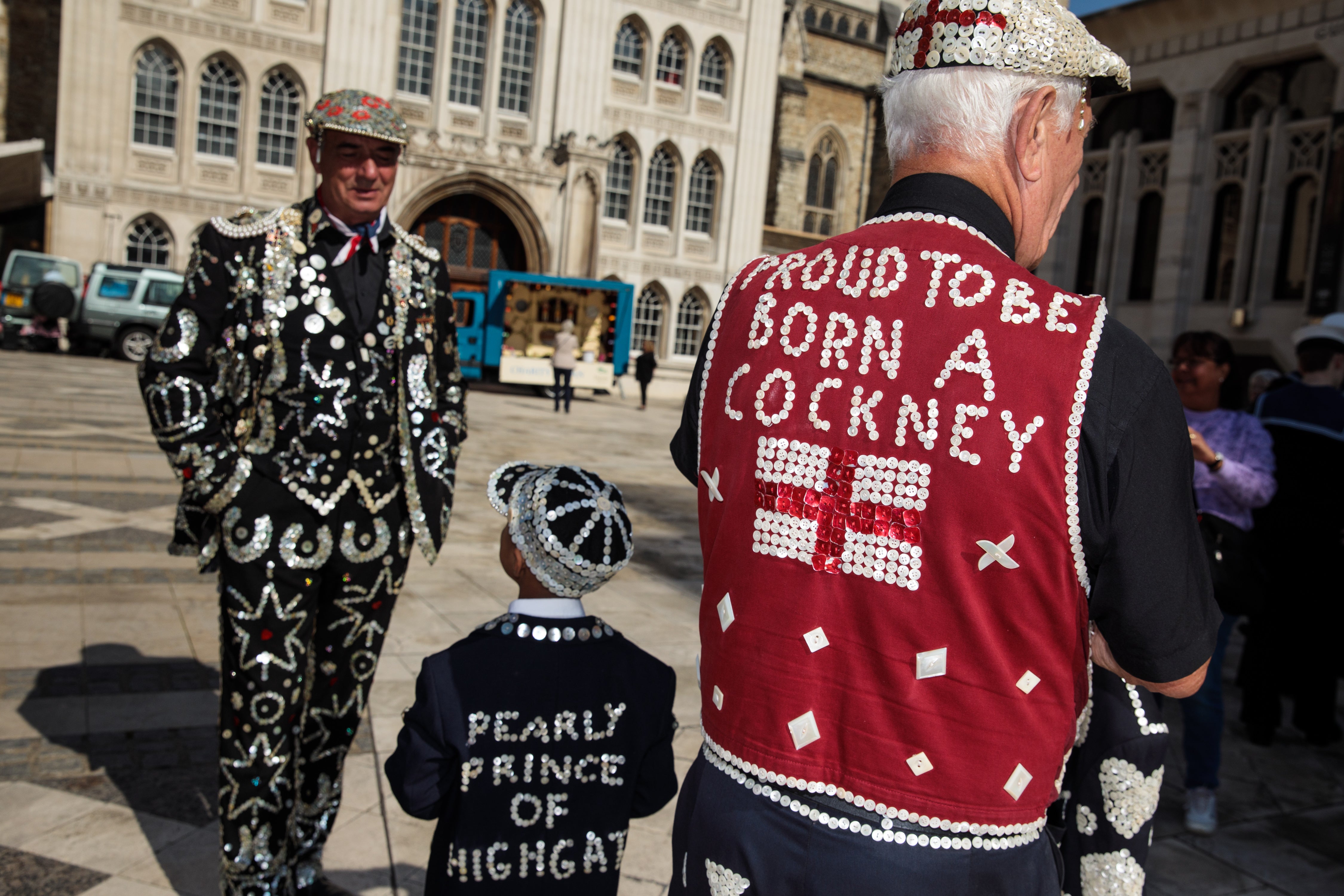Don’t mock me because I’m cockney – we can ‘sound posh’ too
I was born within the sound of Bow bells (but you’d think I was related to the Queen). That’s just one of the wonderful things about being cockney, writes Rosamund Hall – we come in all shapes, sounds and sizes...


I am a cockney and proud of it. I was born within the sound of Bow bells – and Tower Hamlets adorns my birth certificate. It’s something that I tell people wherever I travel when they ask where I come from – and they often marvel that they’ve never actually met a real cockney, before. But then, they swiftly add that I wasn’t entirely what they were expecting. Why? Well, because I sound like I could be related to the Queen.
If you chat to me, the first thing you might notice is how posh my voice is: I enunciate my words beautifully and sound rather elegant (if I do say so myself). Yet I’m definitely not from landed gentry and I don’t have posh parents (my mother’s from Stoke-on-Trent and my dad’s from Scarborough). In fact, I grew up in east London – but I’ve always prided myself on speaking properly. As a result, I sound quite “plummy” – but I love it.
My best friend’s mother (who is also a cockney) told me when we were growing up that I sounded more like Margo from The Good Life than a proper cockney... and I took it as a compliment. Penelope Keith sounds lovely to me – how about you?
Language and identity fascinates me. It’s always been a source of wonder to me, the way that I speak – and how people assume it is in contrast to my heritage.
I was taught from an early age that you definitely shouldn’t judge people based on how they sound, as our voices never tell the full story. This is why I’m interested in the publication of a new report that seeks to expand the reach of cockney culture to a diaspora stretching well beyond Bow bells and out towards... well, wherever you find us. True cockneys, the report argues, can be defined as “non-posh Londoners” – they don’t even have to live in the capital.
Cockney is now recognised as a “community language” in Tower Hamlets and there are plenty of others, too: the report lists Bengali Cockneys, Black Cockneys, Essex Cockneys, Jewish Cockneys and more. The real point is that being cockney is a culture – one that’s multi-national and multi-class.
The report’s authors say they believe that Bow bells should be heard “not through the ears but through the heart” – and I couldn’t agree more. East London is a glorious melting pot of people from all over the world, it always has been. Its uniqueness lies in the way it seamlessly brings together such a wide range of wonderful voices, delicious food, varied music and different religions. And guess what? We can all call ourselves “cockneys”.
What coming from east London really gives you is inclusivity. Being cockney is very much a feeling, not a sound.
Yet (need I say it), how we sound is not the barometer of who we are. In many ways, my childhood would’ve been more straightforward had I not sounded quite so posh. I wouldn’t have been mocked in the way I was, or made to feel embarrassed for sounding how I did. But I still didn’t want to change it.
I am not ashamed of my accent. I’ve never felt the compulsion to drop my “Ts” or somehow mask my voice to fit in. I spent a number of years on the Essex borderlands and I’m proud that I can call myself an “Essex girl”, too. It’s deeply cringeworthy when our politicians try to change how they sound, as though that will somehow mask their inherent snobbery towards the masses (Rishi Sunak, I’m looking at you and your embarrassing “mockney” accent when you visited Chelmsford last year and tried to morph into an Essex “geezer” – you’re not fooling anyone).
Thankfully, the UK has come a long way in moving away from the idea that RP (received pronunciation, widely regarded as the standard voice used in London and the South East) is the only – or “proper” – way to sound. You can now turn on the radio and television and hear accents that make up the length and breadth of our collections of isles, all of which have been influenced by migration in one way or another.
There are estimated to be more than 37 different regional dialects in the UK, and we should be celebrating and hearing all of them. Politically, we might be going through a period of appearing closed off to the world, but the reality is that we’re a magnificent country made up of people who have travelled across the globe bringing different influences to the sound of English.
And if I sound like I’m a polo-playing pearly princess, then so be it.
Rosamund Hall (DipWSET) is a wine merchant and consultant





Join our commenting forum
Join thought-provoking conversations, follow other Independent readers and see their replies
28Comments